Wall Street had already braced itself for a dismal quarter for Tesla. And as predicted, the electric car manufacturer's profits fell by 37%, equivalent to 40% of its operating profit evaporating as the price war eroded profit margins, operating costs increased by 50%, while new tariffs cost the company an additional $400 million.
Tesla shares slipped more than 5.7% before the market opened.
But for Elon Musk, those numbers are just minor details. The world's richest man (currently with a net worth of approximately $455 billion) quickly brushed aside any questions about declining profits. He took over the platform, turning the earnings call into a power campaign for the only thing he truly cared about: his $1 trillion compensation package.
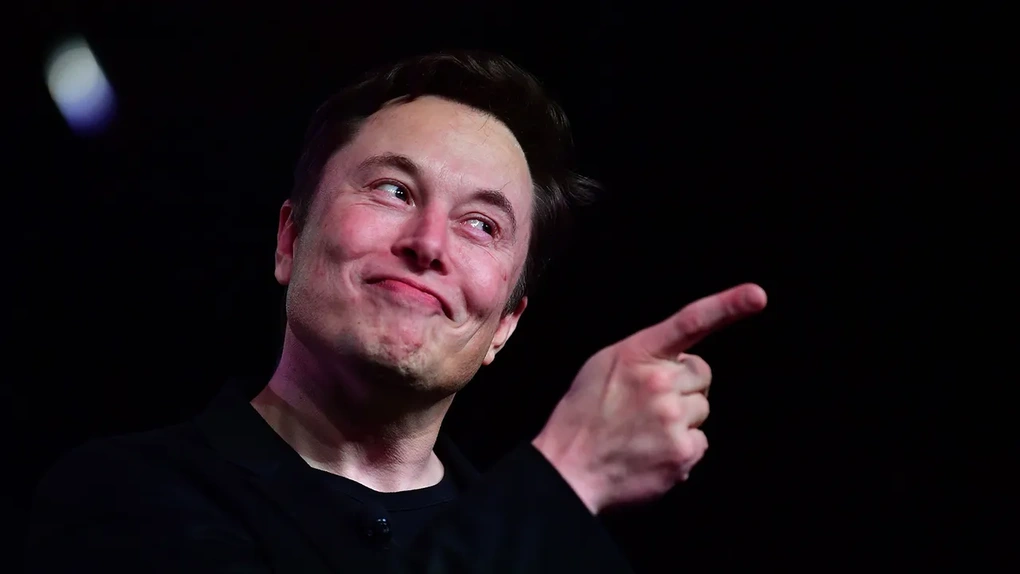
With third-quarter net profit down 37% and consumer confidence at rock bottom, Tesla shareholders are facing a trillion-dollar question about Elon Musk's leadership and vision for self-driving cars (Photo: Getty).
Ultimatum: Either Musk, or nobody.
According to the plan, on November 6th, Tesla shareholders will vote on Musk's new compensation package – a deal that analysts consider "unprecedented in the history of American businesses."
If Tesla achieves its ambitious financial and technological goals, particularly in AI and the Optimus humanoid robot, Musk will be rewarded with a massive amount of stock, increasing his stake to nearly 29%. The estimated value of this stock is up to $1 trillion.
Musk explained that he needed more control to realize Tesla's AI vision. "I want to have a strong influence, but not to the point where I can't be fired if I go crazy," he said, half-jokingly.
But hidden beneath the surface was a clear ultimatum. Musk emphasized that only he had the ability to transform Tesla from an electric car company into a technology empire where robots, artificial intelligence, and self-driving software played a central role.
"If I built a massive army of robots here, could they kick me out of the company?" Musk asked, his tone half-sarcastic, half-warning.
The message is clear: Tesla's AI future is "hostage" in Musk's hands. Without more power, that "army of robots" may never exist.
Attacking "corporate terrorists"
Musk's recklessness peaked when he attacked two of the world's most influential voting advisory firms, ISS and Glass Lewis, for recommending that shareholders vote against his compensation package.
ISS expressed “serious concerns” about the size and structure of the bonus, while Glass Lewis warned that the plan could dilute the shares of existing shareholders.
Musk's reaction? He called them "corporate terrorists" right in the meeting.
This statement stunned investors, but it perfectly reflects Musk's style – always ready to confront any obstacle in his way.
On platform X, he further challenged: "Tesla is currently worth more than all other car manufacturers combined. So, among them, who is more deserving of running Tesla than me? Nobody."
For Musk, this is no longer about money, but a battle for absolute control.
Tesla shareholders face a dilemma.
While Musk was painting a vision of Tesla becoming a robotics empire, the third-quarter financial figures painted a worrying picture. Profits fell 37%, as Tesla repeatedly had to lower car prices to remain competitive. Revenue increased 12% to $28.1 billion, primarily due to a surge in purchases before federal tax breaks expired – a short-term, unsustainable boost.
Operating costs increased by 50% to $3.4 billion, while new tariffs added another $400 million. Revenue from carbon credits plummeted due to the Trump administration's loosening of emissions regulations.
Tesla's core profit engine is under pressure. While the company's stock is still up 9% year-to-date, it lags far behind the S&P 500's 14% gain – a sign that investors are losing faith in Elon Musk's magic.
However, in a clever move, Musk turned the announcement of the poor earnings results into a referendum on himself.
Shareholders are now faced with a dilemma.
On the one hand, they could choose rationally – viewing Tesla as a business struggling with rising costs and declining profits; heeding the advice of ISS and Glass Lewis to reject a compensation package deemed “unreasonable” and “lacking in governance discipline.”
On the other hand, they could choose to place their faith in the unpredictable genius Elon Musk, believing that only he is capable of leading Tesla beyond the boundaries of the automotive industry, into the era of AI and robotics.
Rejecting this incentive package would mean Musk might get "tired" of Tesla, shift his focus to X or SpaceX, and the "robot army" would remain just a dream that never materialized.
Elon Musk is asking for $1 trillion not for what he has done, but for what he promises to do.
And he stated bluntly: Without him, Tesla would never have achieved that promise.
Source: https://dantri.com.vn/kinh-doanh/elon-musk-tung-toi-hau-thu-nghin-ty-usd-voi-co-dong-tesla-20251024110929492.htm










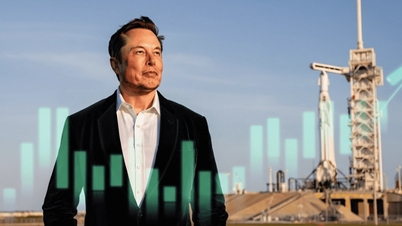


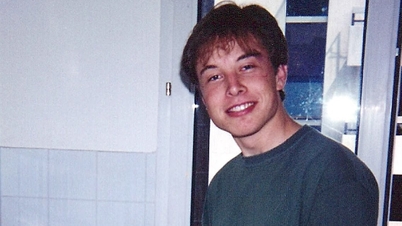

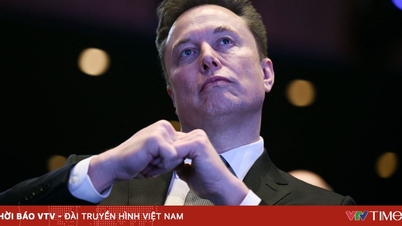

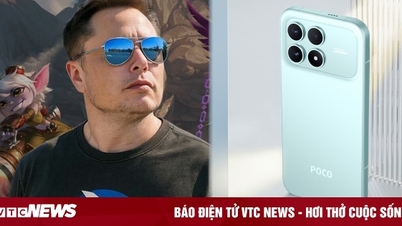






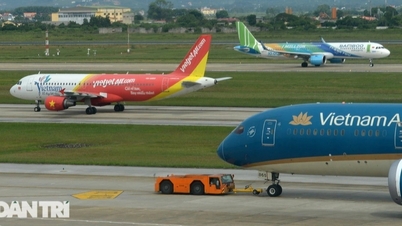





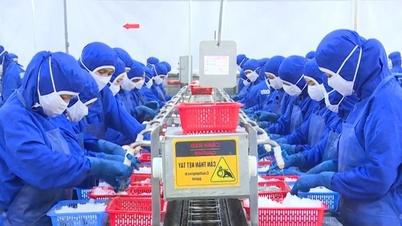


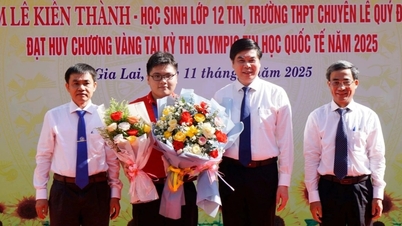
































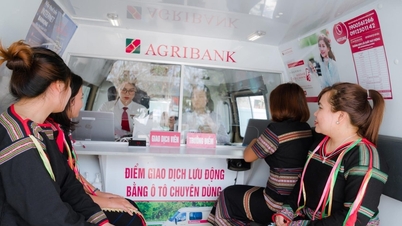

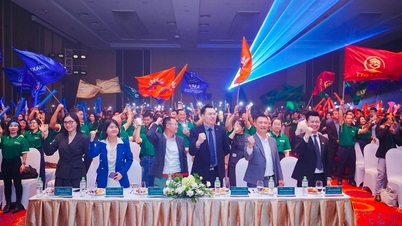






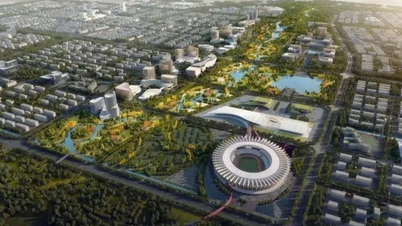
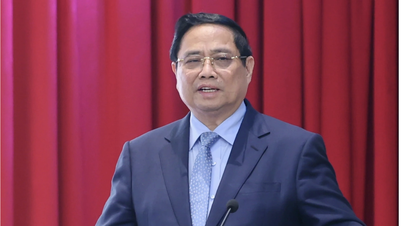








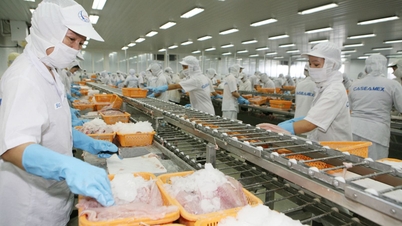
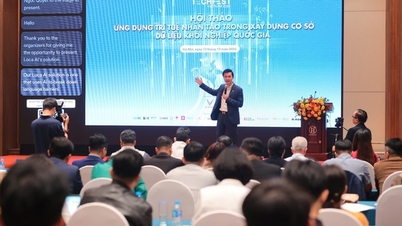

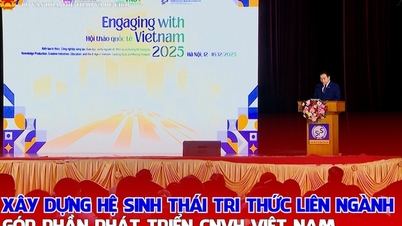

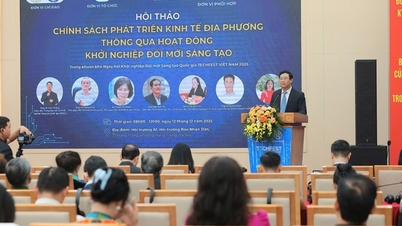

























Comment (0)